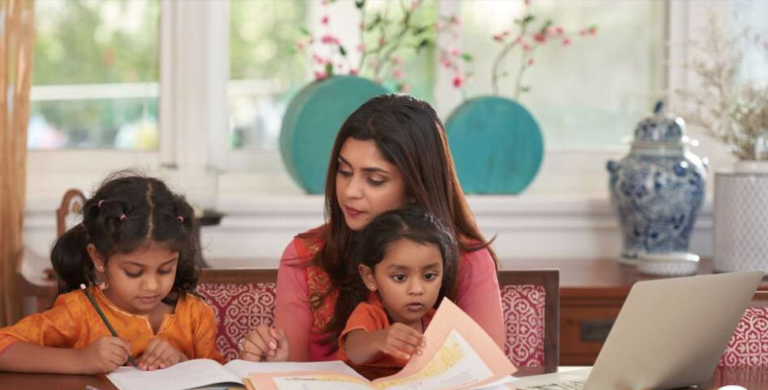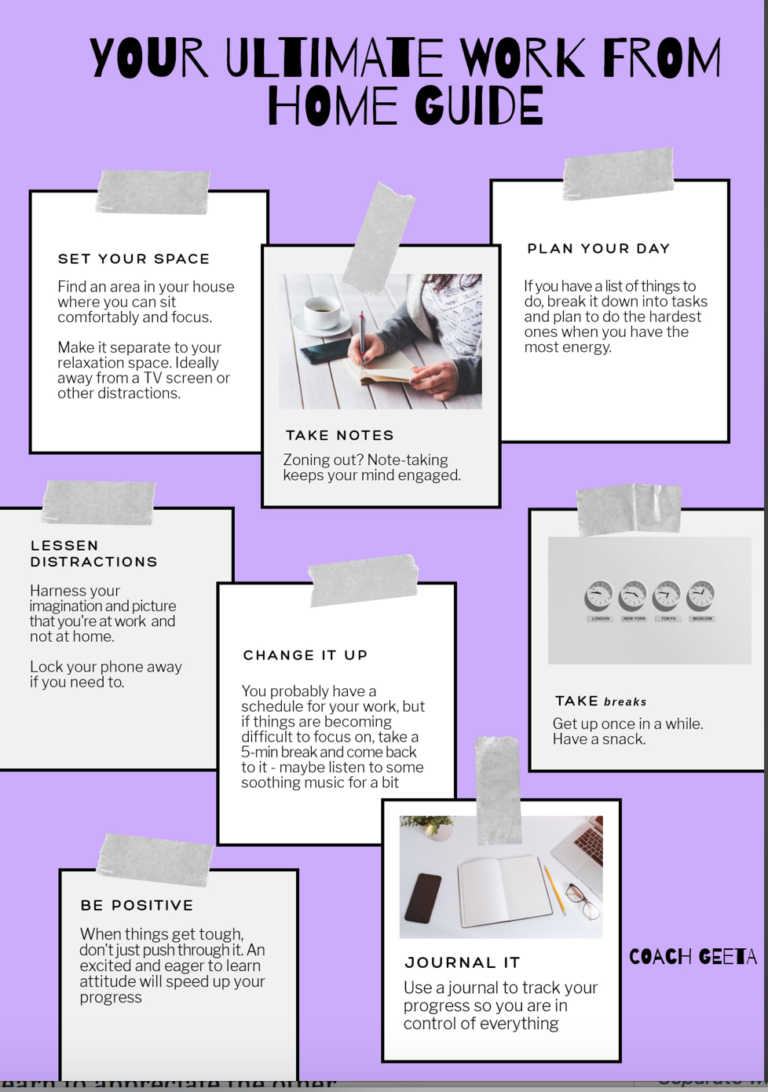Blog 33/53
Address the Elephant in the Room
When your partner is angry, upset or sad, they sometimes just need a safe space to vent their frustration. They need your grounded presence, a shoulder to cry on. They are not looking for a solution to their problem, or your critical advice which often goes as ‘I told you so’. They want your patient ear, no retort, no judgement, no comments. Let your partner vent the frustration. If you are the unwitting victim to this anger and irritation, hear it out without reacting. Tell your partner you both can revisit this discussion with a calmer state of mind. Use that calm opportunity, often found by the next day, to check what triggered the anger. If hurtful words were used in anger, simply address it with an even tone, saying you do not appreciate such hurtful words. Often conversations in a calm frame of mind turn out to be more fruitful. And it is always better to address the elephant in the room at the appropriate time rather than sweep it under the carpet to buy temporary peace.







